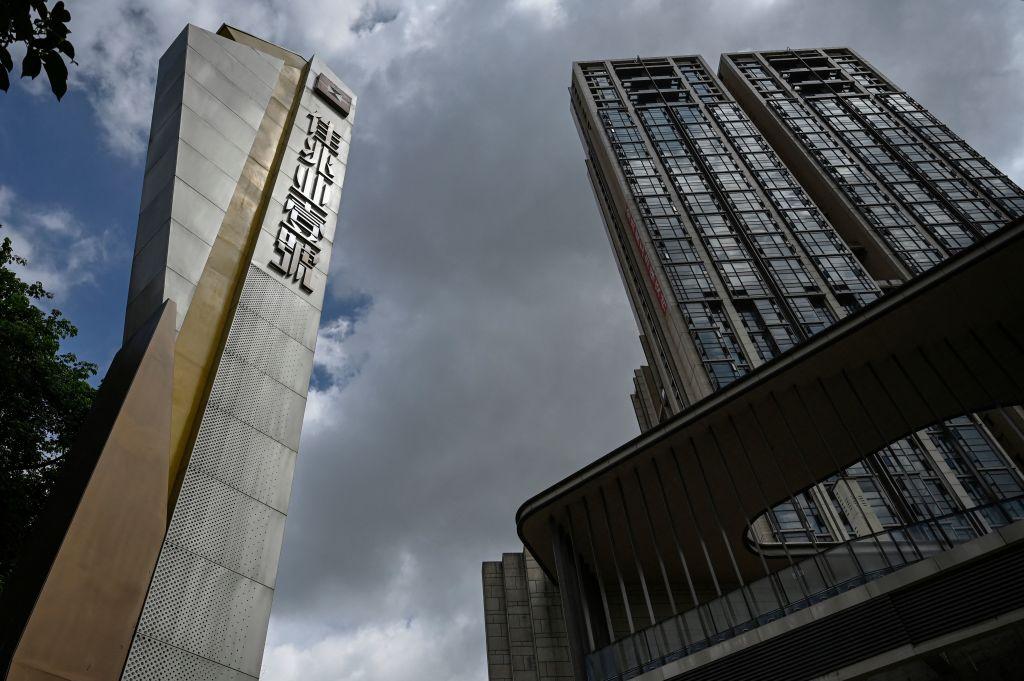The Chinese Ministry of State Security will “severely” censor online negative comments on the Chinese economy. Chinese social media platform, Weibo, cautioned some of its users that crossing the “red line”—sharing content that portrays “a negative outlook on China’s economy”—could lead to repercussions. Analysts believe the tactic is an indication that China’s economy is beyond recovery.
According to the state publication on the Party’s Central Economic Work Conference in Beijing on Dec. 11 and 12, the Chinese Communist Party’s (CCP) security department emphasized that economic security is a crucial element of national security and has acquired active participation of relevant departments to address “economic risks.”




